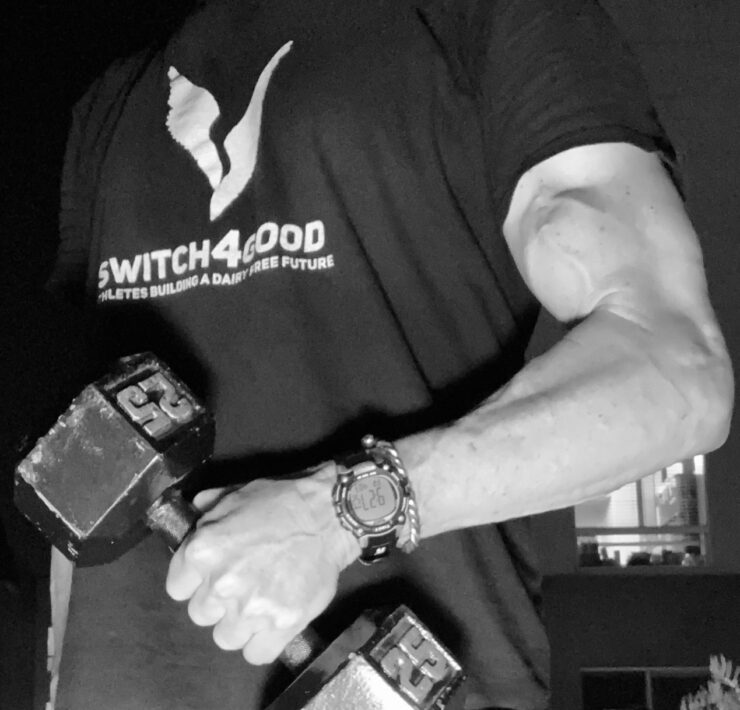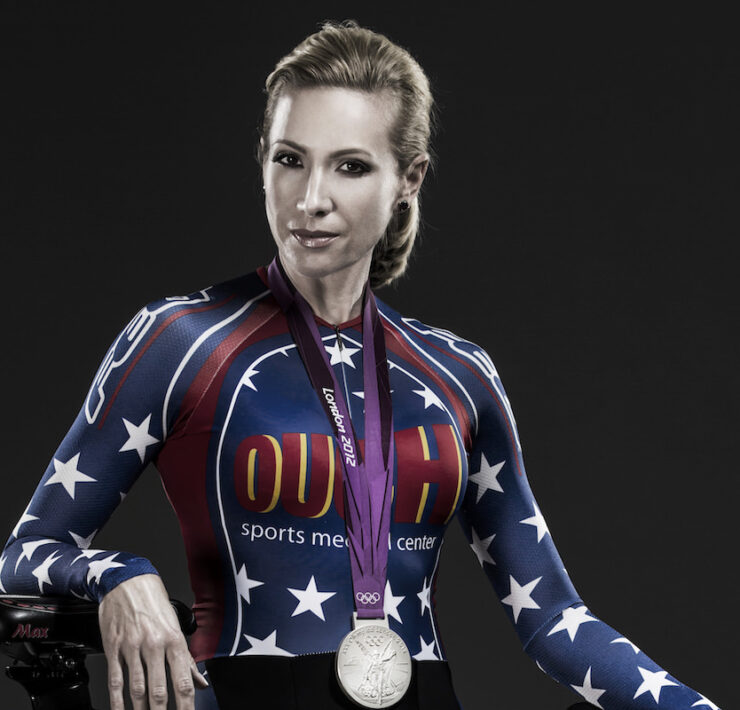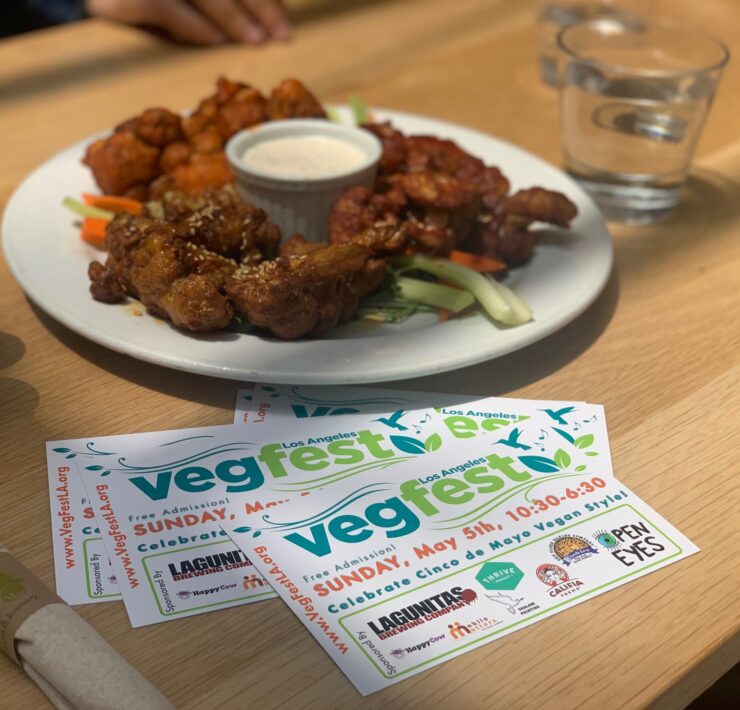Maintaining your weight while “walking slowly” into a plant-based diet

Making a major lifestyle change like ditching dairy and adopting a plant-based diet can be a challenging process. In last month’s column, I wrote about two hockey players who tried unsuccessfully to go vegan. The male athlete gave up because he felt ravenously hungry all the time while the female athlete gained weight. I turned to Dr. Cyrus Khambatta for help understanding why their diet changes might have failed.
In part one (http://bit.ly/2Z4l23R), Dr. Khambatta, a type 1 diabetic who has a PhD in Nutritional Biochemistry from Cal Berkeley and adheres to a dairy-free, plant-based diet, explained the “walk slowly” approach to going vegan that he advocates at Mastering Diabetes (https://www.masteringdiabetes.org/), his program that teaches how to reverse insulin dependence through diet and exercise. To summarize, Dr. Khambatta guides clients to switch by focusing on one meal – breakfast, lunch or dinner – one week at a time instead of making the change all at once, which can be overwhelming and lead to abandonment. That way the changes are made in manageable steps thus more likely to result in a lasting, successful switch. Dr. Khambatta also explained that incorporating calorie-dense foods as opposed to just munching leafy greens several times a day leads to greater feelings of fullness and satiety.
Let’s move onto the female athlete’s weight gain after she attempted to eat plant based. She is a lean and leggy model-type raising a daughter on her own in addition to running a nonprofit organization. Admittedly, she doesn’t prepare meals at home often and subscribed to one of the popular plant-based meal delivery services during her trial. The plan that she was on was created in partnership with a legendary Super Bowl-winning quarterback. The meals are described as being higher in protein and calories since the recipes are designed specifically for athletes. Why would she gain weight after going plant based?
“It could be as simple as eating too many calories. The number of calories that your body burns each day is called your total energy expenditure (TEE), which includes your basic metabolic rate (BMR) – the total amount of energy required to operate your body at rest. It also includes the amount of energy that you expend in exercise. And it includes your TEF, the thermic effect of food, which is the total amount of energy required to digest the food you eat. If you add your BMR plus your activity plus your TEF together, you get your total energy expenditure. Let’s say that your total energy expenditure is 2,400 calories. If you consume a diet, any kind of diet, that equates to 3,000 calories per day, you’re taking on an extra 600 calories per day. If you do that over the course of time, the calories will get stored inside of you and that will translate into a greater body weight. So, if someone says they’re gaining weight on a plant-based diet, one thing that it could be is too many calories. 99% of the time, that’s the cause,” said Dr. Khambatta.
One of my takeaways from last summer’s Switch4Good Dairy-Free Athlete Summit was the emphasis on eating a “whole-foods, plant-based diet.” That means limiting the intake of processed foods, which could play a role in weight gain.
“A simple way to eat too many calories on a plant-based diet is packaged and processed food. If you go to the grocery store, you see the word vegan on the packaging because they know it’s a hot thing right now. But just because something is vegan does not make it healthy. Often times, they have hidden sweeteners or a bunch of additives that are technically plant based, but in the process of adding sweeteners and texturizers and a whole slew of ingredients that you and I might not recognize, the calorie count can go up. There are a lot of people who claim they are eating a vegan diet, but in reality, what they’re doing is eating kind of a junk food vegan diet, and then they complain that they are gaining weight. When they start substituting packaged foods for real foods like potatoes or beans or lentils or bananas, that right there makes a huge difference,” said Dr. Khambatta.
He went on to explain the importance of getting enough fiber in your diet and the role it plays in maintaining bodyweight. Eating whole grains and a variety of fruits and veggies is the best way to make sure that you get plenty of fiber, which moves food through your digestive system regularly along with other health benefits.
Dr. Khambatta said, “The presence of fiber in your food is absolutely paramount. Eat as much fiber-rich food as possible and by doing so, it limits the total number of calories going in your mouth and it keeps you full at the same time. It is a simple way to maintain your bodyweight or to lose (weight), which gets you out of the ‘gaining weight unnecessarily’ problem that tends to plague people who eat too much processed food.”
When I spoke recently on the Athlete’s Panel at VegFest LA, someone asked my thoughts about the popular plant-based burgers that have recently proliferated the marketplace since they are processed. They’re super delicious and convenient, and as long as they are consumed in moderation, you can enjoy some processed foods without fear of gaining weight. However, it’s best to keep them to a minimum. Heck, a person can eat a bag of vegan donuts and remain plant based, but it is not recommended! Eat balanced wholefoods, plant-based meals. Avoid falling for the quick allure of a “junk food vegan diet,” especially if you want to maintain your weight.
#veganhockeyplayer









